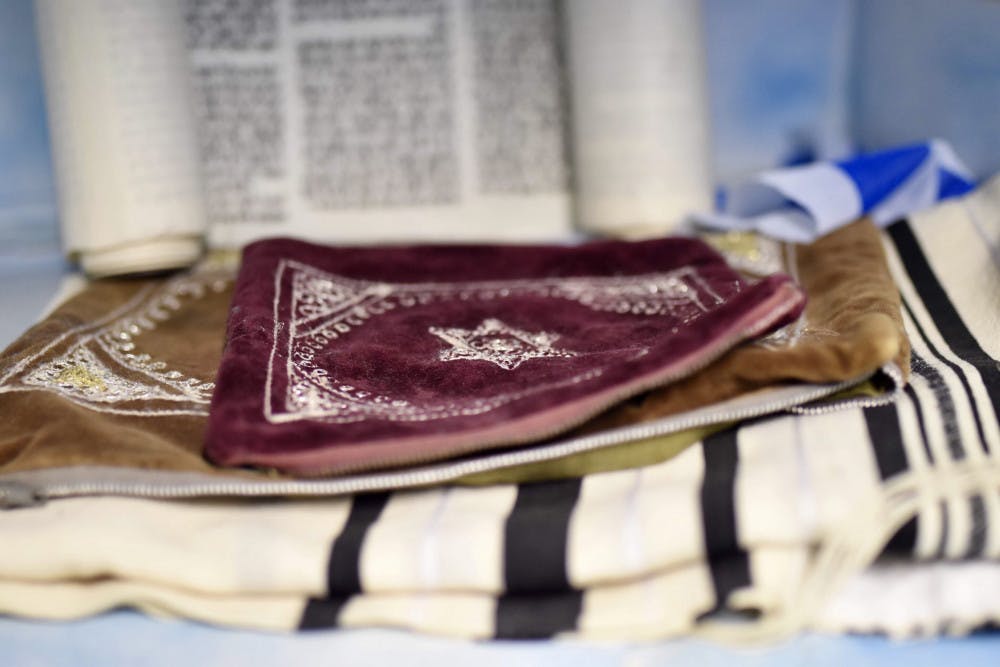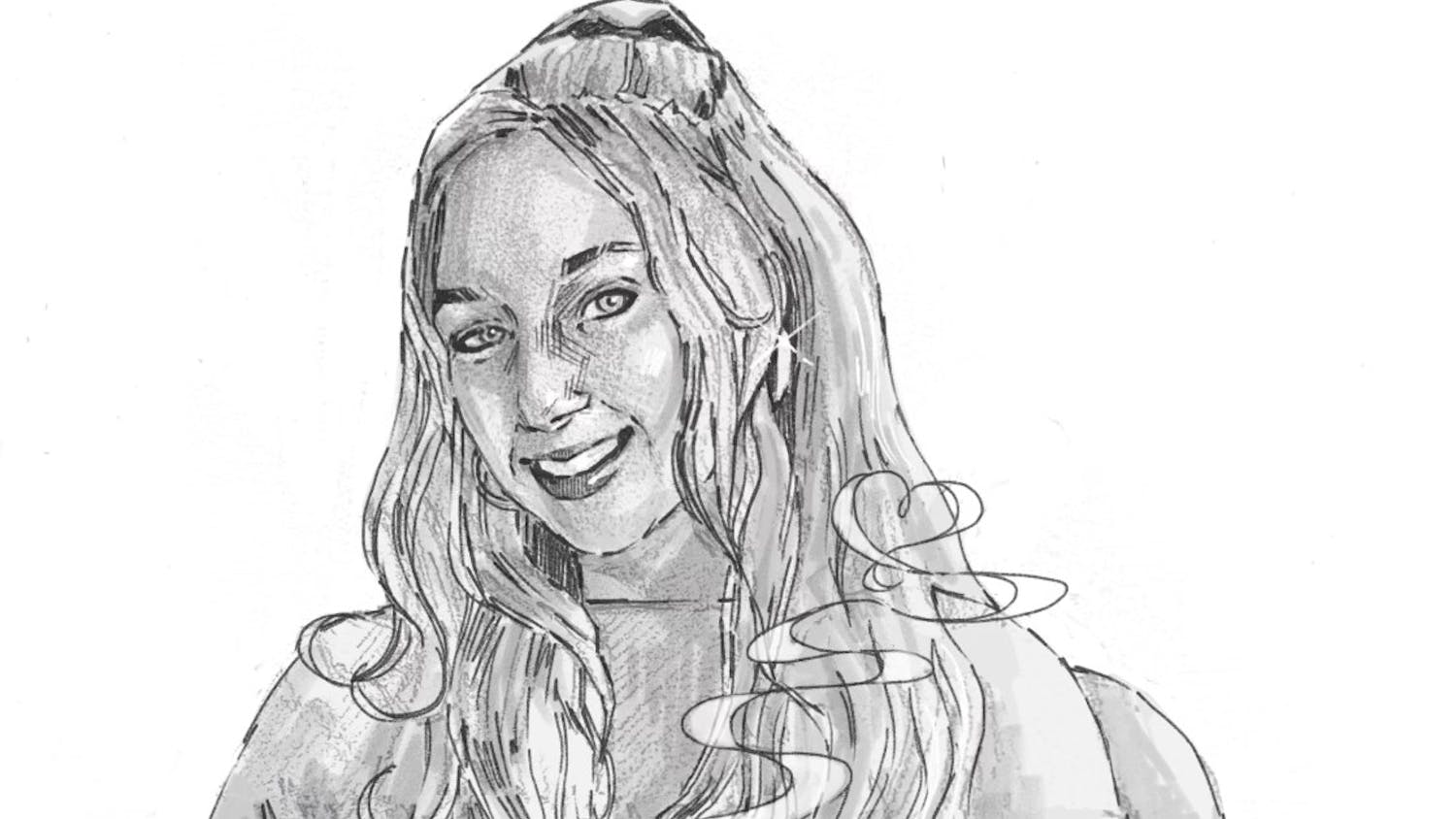By Camille Furst
News Editor
When I first stepped onto campus on move-in day, I didn’t know what my religious beliefs were. If I had to label them, I would say that I was agnostic, refusing to claim either faith or disbelief in a god. Seven months later, I now define myself as a Christian. Over the course of this time, however, I have developed a fascination in understanding other worldviews and ways of thinking. I have also discovered something that has the potential to be very dangerous to our community –– the willingness of individuals to isolate themselves from others’ beliefs.
While I celebrate and recognize freedom of religion, I still believe it is important to expose yourself to the different ways of thinking and living throughout the world we live in.
Bill Bishop, author of “The Big Sort: Why the Clustering of Like-Minded America Is Tearing Us Apart,” describes how social psychologists have been studying the clustering of like-minded groups, the phenomenon where individuals subconsciously spend their lives surrounded by people who think, act and believe in the same things they do.
These social psychologists came to the conclusion that what happened over the course of the study wasn’t a simple increase in partisanship, but a “more fundamental kind of self-perpetuating, self-reinforcing social division.”
The lack of exposure causes paranoia toward other beliefs in our nation, creating a sharp divide — commonly referred to as the “God Divide” — between two worlds in which the wall that separates them is much more fragile than seen at first glance. If individuals open themselves up to other worldviews and ways of living, this wall would be broken down and they would see that, as humans, perhaps we are more similar than we might think.
I’m currently enrolled in a course called Religion in American Culture where we are reading “Unlikely Disciple” by Kevin Roose. As a liberal student attending Brown University, Roose decides to cross the God Divide and experience the ways of thinking and living at Liberty University, an evangelical Christian university founded by conservative televangelist Jerry Falwell.
Roose slowly finds that many individuals choose to isolate themselves from unfamiliar beliefs. While many students at this evangelical university choose not to expose themselves to the culture of other individuals their age, Roose states that “51 percent of Americans don’t know any evangelical Christians.” Choosing not to expose oneself to other belief systems makes everyone walk somewhat blindly into their faith, whether that be Christianity, Judaism or atheism. Roose writes that “without skepticism, without challenging our own views, what we’re learning is lifeless.”
If anything, I have learned that exposure to others’ beliefs is vital to understanding the world we live in and connecting with people who may have differing beliefs. Regardless of your belief system, it is crucial to learn about others’ beliefs in order to develop a conviction of your own. This will then help us develop a stronger, more inclusive community.







